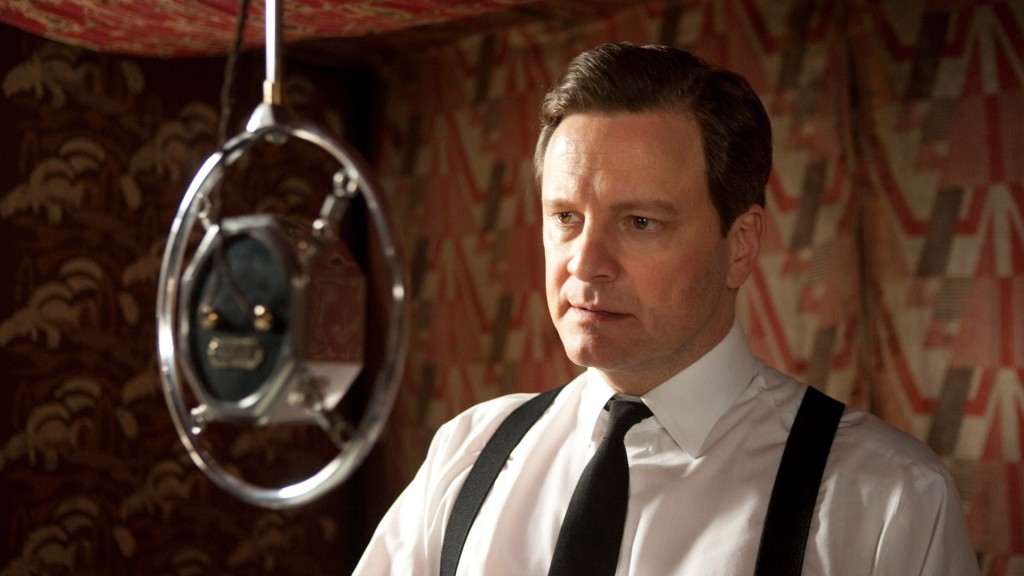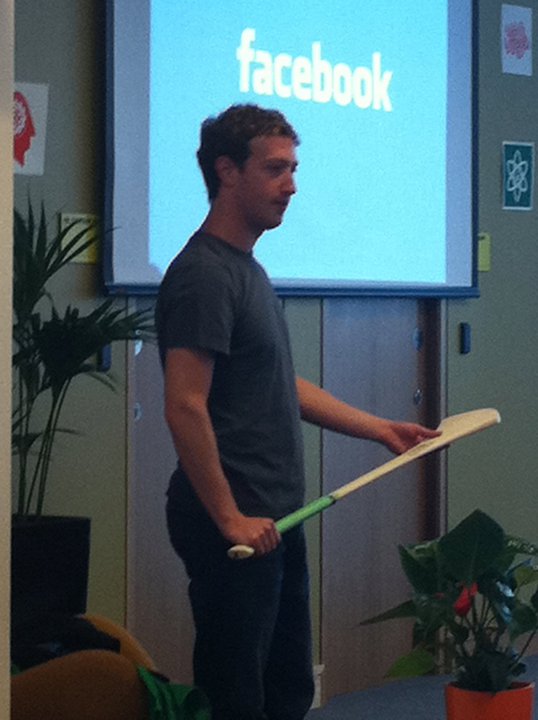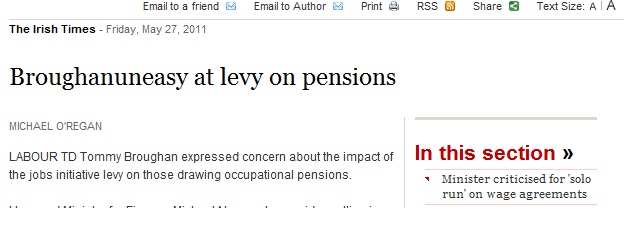Today’s guest post is from Joe O’Reilly who is a Fine Gael TD for Cavan/Monaghan. I will definitely be responding when I return from holidays and think many of my readers will be interested in what he has to say.
I want to thank Suzy for giving me the space to talk to you about something that matters to me. And I want to thank you for taking the time to listen, and hopefully to respond.
The task of the new Government is tough, but it is one we’ve all volunteered for, so there should be little for us to complain about. I know all too well that over the next five years I will have to cast tough votes, some of which will alienate you, and some of which may give you cause to seek my removal from office. I have been given five years at most to do this job, and I want to make a difference and do some good for people in that time, if I can.
Where I want to start is on our policy towards the elderly and people with disabilities. It is something that deeply concerns me, and if there’s one area where I’d like to make a change, that would be it. I do not pretend to be an expert, and I am eager to learn and to work with people who share my concerns about how the sector is governed in order to provide a better alternative.
As many of you may know, the State spends some two billion Euro annually in payments to around about 600 private sector bodies for services for the disabled. There are very few standards sought in return for this money, and a great many people with disabilities who I come across find the service wanting. My view, to be frank, is that if we’re spending €500 for every man, woman, and child in the country in order to provide these services and they are not delivering for people, the problem must lie in the process and not in the amount of resources allocated. We should be able to care for people on that budget, but we’re failing.
Now, the first thing that strikes me about why we might be failing is that we have failed to put the people we’re caring for at the heart of our policy. There’s been, for too long, a two-track approach by politicians when it comes to spending the people’s money. It’s been about caring for people, but it’s also been about creating jobs and handing people’s lives over to managers in privately run operations.
From an ideological point of view, I start with the premise that a person with a disability should be able to determine as much of their own life as possible. I also start from the instinctive position that the people who love and care for the disabled most of all are their families. I know that is sadly not a universal truth, but as a basic principle I think it is a solid one.
I also believe that institutionalisation should be a last resort, not a first, second, or third option. Unfortunately, our approach has been to divert state resources to private nursing and care homes, where too often doors are shut on people’s lives, and profits are creamed off the top. This is not the mark of a modern, civilised society.
If I had to articulate a simple alternative vision, it would be that most of that 2 billion would be redirected to the disabled themselves by means of a voucher, or even cash, allowing them to choose and pay for their own full time, part time, or occasional carer in the home. Doing so (and this remains an initial idea) would put those people back in charge of their own destiny, instead of leaving them as numbers on a HSE computer. Giving people the choice of where to spend the resources allocated to them should also increase the quality of service and make it more user-responsive, as providers are forced to compete for business. We should also give people the option of using the money to pay a family member to care for them, in order to improve the position of existing carers.
I would also reform carer’s allowance. And I would start by abolishing the means test. People who are successfully cared for in the home do not require the services of a care home, so the more home carers we support, the more money we actually save. Carers should be entitled to our full support, and it should not be conditional on how much land they own or the size of their pension fund. It should be conditional on the love and care they provide. The state should be proactive in encouraging and seeking out and supporting those who can care lovingly for a family member.
That’s a simple vision. I’d like to flesh it out. The purpose of this post is not to impose a vision, but to ask for your assistance in developing one. I have five years to make a difference, and knowing Suzy’s interest in the area, this seemed like a good place to start. I will be taking this message to other fora over the coming six months, and my ultimate aim is a revenue-neutral private member’s bill with cross-party support, and support from people who need the services.
I know that Joan Burton will be a reforming minister for social protection. Though we are in different parties, I believe she is a deeply caring and compassionate person. But no minister can do it all on their own, and I am deeply committed to taking a lead in this area.
Again, I’d like to thank Suzy for the opportunity, as well as to thank you for reading. If you think I’m way off base, please say so. If you think I’m on the right track, please get in touch or leave a comment. Thanks for reading.








